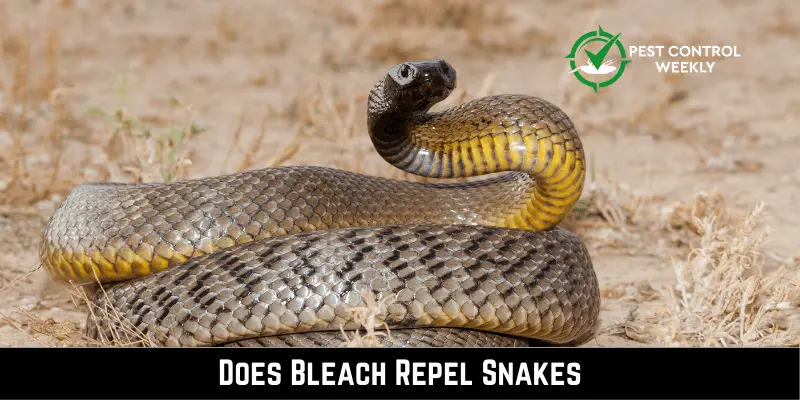Snakes are interesting animals to learn about, but they can also be dangerous to humans and other animals. So many people are looking for methods to keep snakes away from their homes. The idea of using bleach as a snake deterrent gets a lot of attention. But does bleach repel snakes?
Yes, bleach can repel snakes. Bleach has the odor of carbolic acids, which snakes avoid at all costs. The chemicals in bleach are poisonous to snakes and can also be fatal if consumed or breathed.
In this post, we’ll discuss whether or not bleach is successful in warding off snakes, other options for repellents, and secure methods of snake management.
The Science Behind Snakes’ Sense of Smell
According to the Editors of Encyclopaedia Britannica, snakes can practically taste and smell the air because of their extremely sophisticated scent organ :
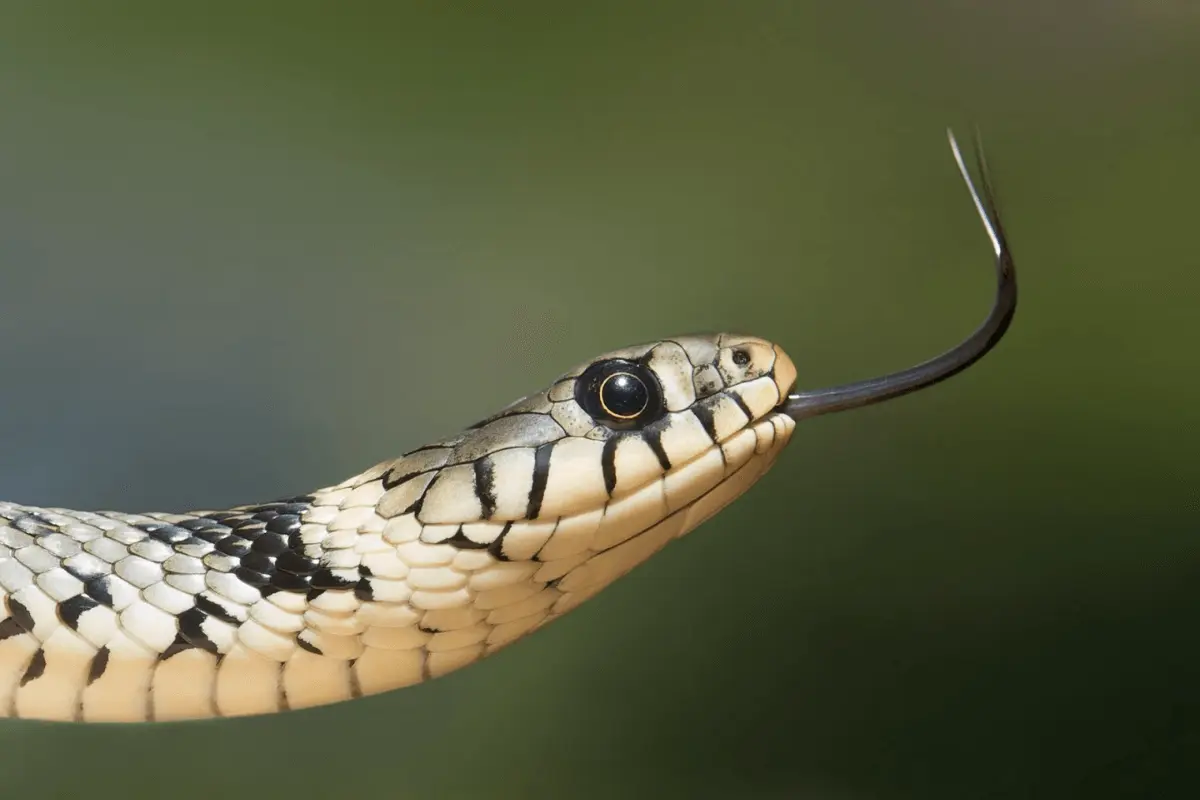
The Jacobson’s Organ
The Jacobson’s organ is a specialized, supercharged smell sensor that snakes have. It “smells” chemicals acquired by their forked tongue, which helps them hunt. Chemoreception is a mechanism that allows snakes to perceive chemical signals in their surroundings. This system is located on the roof of a snake’s mouth and is also known as the vomeronasal organ. This organ comprises sensory cells that are very sensitive to certain chemicals, like pheromones.
Does Bleach Affect Snakes?
Yes, according to the Journal of Wildlife Diseases, bleach affects snakes. Bleach can temporarily repel snakes. Snakes are extremely sensitive to the odor of bleach. Spreading or pouring bleach at places where snakes tend to get in would keep them out of your home. However, the effectiveness of this home cleaner as a snake repellent is limited to the time the fumes remain in the air.

Snakes cannot detect odors. Instead, they utilize their forked tongues to capture fragrance particles from the air. The Jacobson’s organ responds to these particles when the tongue carries them back into the mouth. Jacobson’s organ has several receptors that a wide variety of particles will activate. The snake’s response depends on the stimuli. Bleach fumes activate receptors in the snake’s brain to warn it to stay away.
Will Bleach Kill a Snake?
Yes, bleach can kill a snake. The odor of carbolic acids is something that snakes strive to avoid at all costs, and bleach gives out that odor. The chemicals in bleach are poisonous to snakes and can be fatal if ingested. You should know the legal ramifications of using this cleaner for the job before you decide to do so.
In theory, bleach would be effective against snakes. Ingesting the common household cleaner can be fatal for snakes because of its toxins. The snake will undoubtedly perish if it is exposed to sufficient levels of bleach, either by ingestion or inhalation.
However, before you go for the bleach bottle at the back of the closet, you should know that it is illegal to kill snakes with bleach in several places. Even though most people run away at the sight of a snake, several species of wild snakes are protected by law.
Does Bleach Kill Baby Snakes?
Yes, bleach kills baby snakes. When baby snakes breathe in or eat enough bleach, it will kill them. But be careful when killing snakes because you could break the law and have to pay a hefty fine.
All organisms begin their lives as helpless babies. And as they get bigger, they get more robust and are less affected by their surroundings. Therefore, baby snakes are much more sensitive than adults. One reason is that their immune systems still need to be fully formed. So, they can die if they get near poisons like bleach. Also, their innards aren’t fully grown yet, which makes it easy for the poison to kill them.
How Bleach Affects Snakes’ Sensory System
Bleach contains compounds like sodium hypochlorite, which poses several threats to a snake’s sensory system. As a result, the snake may lose its sense of smell and capacity to detect pheromones, and its behavior may change.
Snakes may lose their sensitivity to vibrations and temperature changes if their skin is irritated or burned by bleach. Furthermore, heat-sensitive pits can be damaged by exposure to bleach fumes or direct eye contact, decreasing the snake’s perception of its surroundings.
Bleach may knock on the environment by killing off the insects and worms that snakes eat, which stresses out the snakes and forces them to rely more on their senses. Bleach may be harmful to snakes. Thus, it’s essential to be careful while using or disposing of it in regions with snakes.
Alternatives To Bleach For Snake Repellent
Natural and commercial alternatives to bleach as a snake repellent exist, and they pose less risk to snakes and the environment than bleach does.
Natural Snake Repellents
There are many natural snake repellents out there which can help you to eradicate snakes from your house and other places, some of them are given below:
Essential Oils

Essential oils like cinnamon, clove, and eucalyptus have powerful smells that frighten snakes. It may be used to deter snakes from your property by simply combining a few drops of the desired oil with water in a spray bottle and applying the mixture to the ground around the perimeter of your home and other buildings.
Plants

Some plants have a strong enough smell or natural chemical components that repel snakes. It has been said that some plants, such as marigolds, lemongrass, and wormwood, repel snakes. You may use them as a natural deterrent against snakes if you plant them in your garden or outside your house.
Powdered Diatomaceous Earth
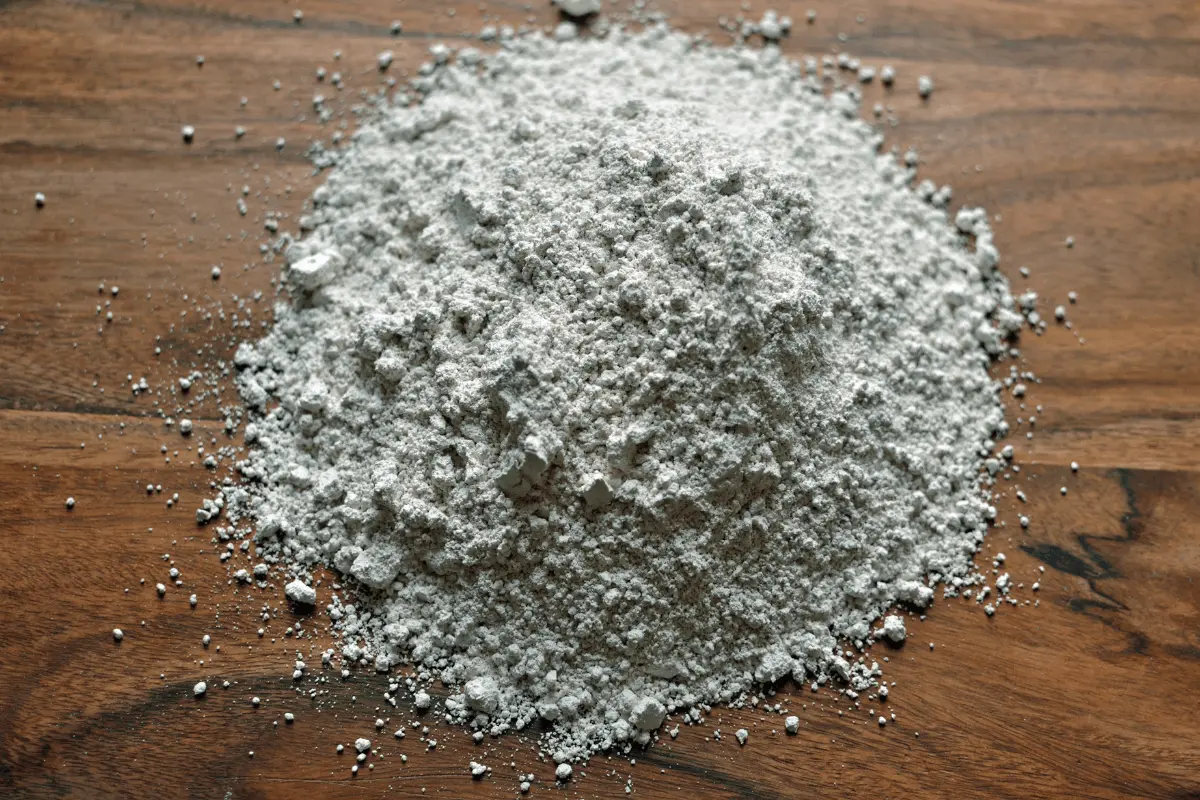
Diatoms are minute aquatic creatures that have now become fossilized, making for a natural, non-toxic powder. Diatomaceous earth is an all-natural snake deterrent that works by causing skin irritation. To use diatomaceous earth, sprinkle a thin coating around the outside of your property and make sure it stays dry.
Canine Urine

Snakes can be discouraged from approaching by the odor of a predator’s urine. The urine of predatory animals like foxes and mongooses can be used to deter snakes from crossing a designated area. Predator urine may be purchased online or at specialized retailers, then applied with a spray bottle or by soaking cotton balls and strategically distributing them around your property.
Yard Maintenance
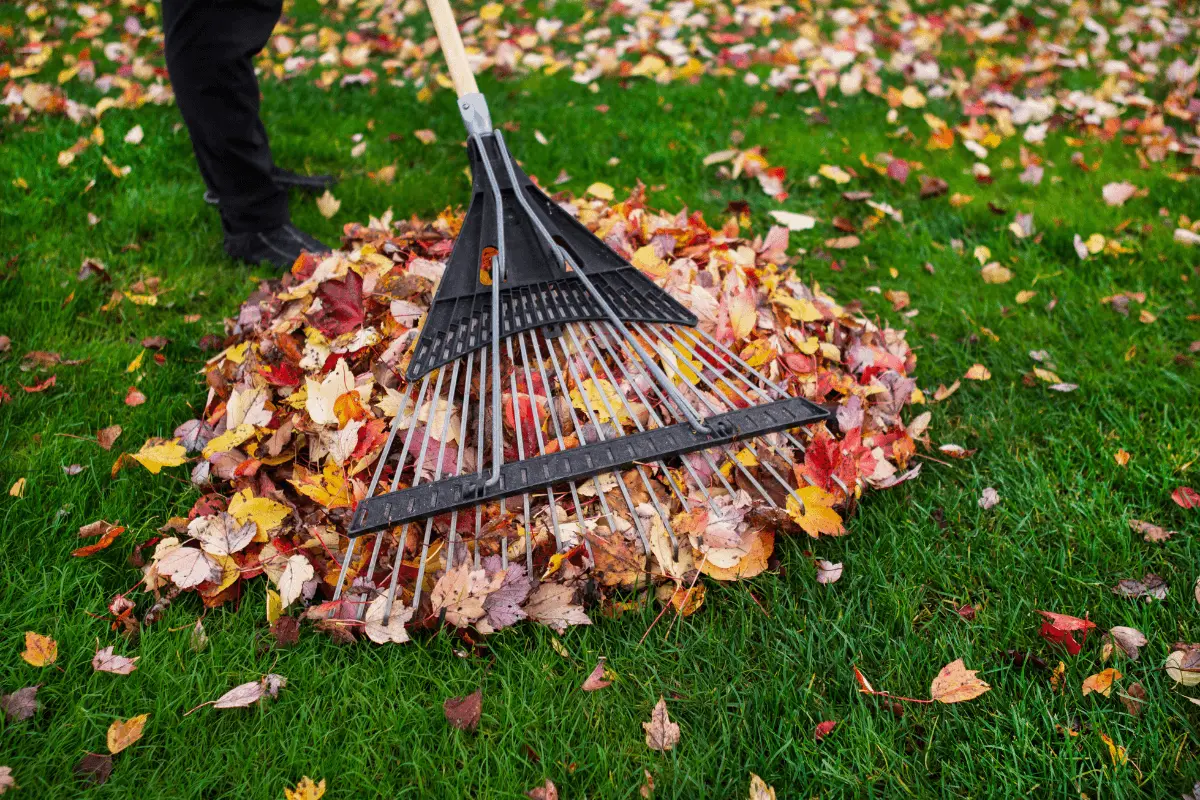
One of the most effective natural snake repellents is keeping your property clean and well-maintained. To prevent snakes from making your yard their home, get rid of any wood piles, pebbles, or other materials that might provide them with a hiding place. If you keep your grass cut and your bushes pruned, you can discourage snakes from making your property their home.
Commercial Snake Repellents
Snake-A-Way
Snake-A-Way is a natural snake repellent containing sulfur and naphthalene that comes in a granular form. The poison hinders the snake’s ability to navigate and find prey by interfering with its sense of smell. You can apply the granules by scattering them about your property’s borders as directed by the manufacturer.
Ortho Snake B Gon
Granular Ortho Snake B Gon contains a mixture of natural essential oils that work together to deter snakes. These oils include clove, cinnamon, and eugenol. These oils give out an odor that is offensive to snakes, so they avoid the treated area. Follow the directions on the packaging to spread the granules about your yard.
Havahart Dr. T’s Snake-A-Way Hose-End Spray
This snake spray may be used with a regular garden hose. The blend of natural oils and other components will deter snakes without hurting other animals or the ecosystem. You may easily get rid of snakes on your property by hooking the bottle to your garden hose and spraying the solution around.
Nature’s Defense Organic Snake Repellent
Essential oils like peppermint, clove, and cinnamon are combined to create this organic, natural snake repellent. It’s a great alternative for individuals seeking a natural, non-toxic repellant because it’s harmless to humans, animals, and vegetation. Spread the granules about your yard as advised, and keep doing so occasionally to keep them working.
Bonide Snake Stopper
Another commercially available snake repellent is Bonide Snake Stopper. This product combines a proprietary blend of natural essential oils and other substances to form a fragrant barrier around your home or yard, keeping snakes out. Pick the application type that works best for you because it comes in both liquid and granular forms. Make sure you read and adhere to the directions provided by the manufacturer.
Tips for Keeping Snakes Away from Your Property
Tip 1: Remove Attractive Habitats
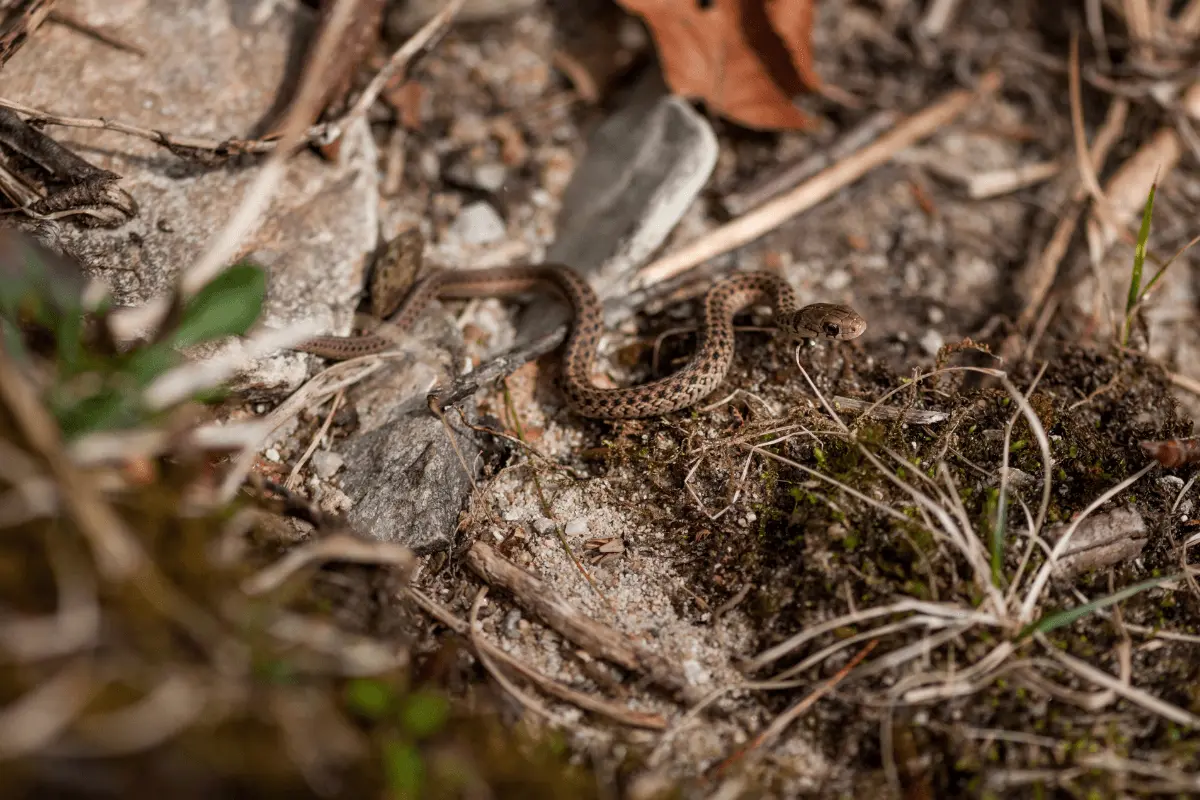
Eliminating snake-attracting conditions is one of the best strategies for preventing them. Snakes like areas with food and shelter. Remove wood, rubbish, and pebbles that might hide snakes. Trim overgrown plants and vegetation to decrease hiding spots. A tidy yard prevents snakes from moving in.
Tip 2: Rodent Control
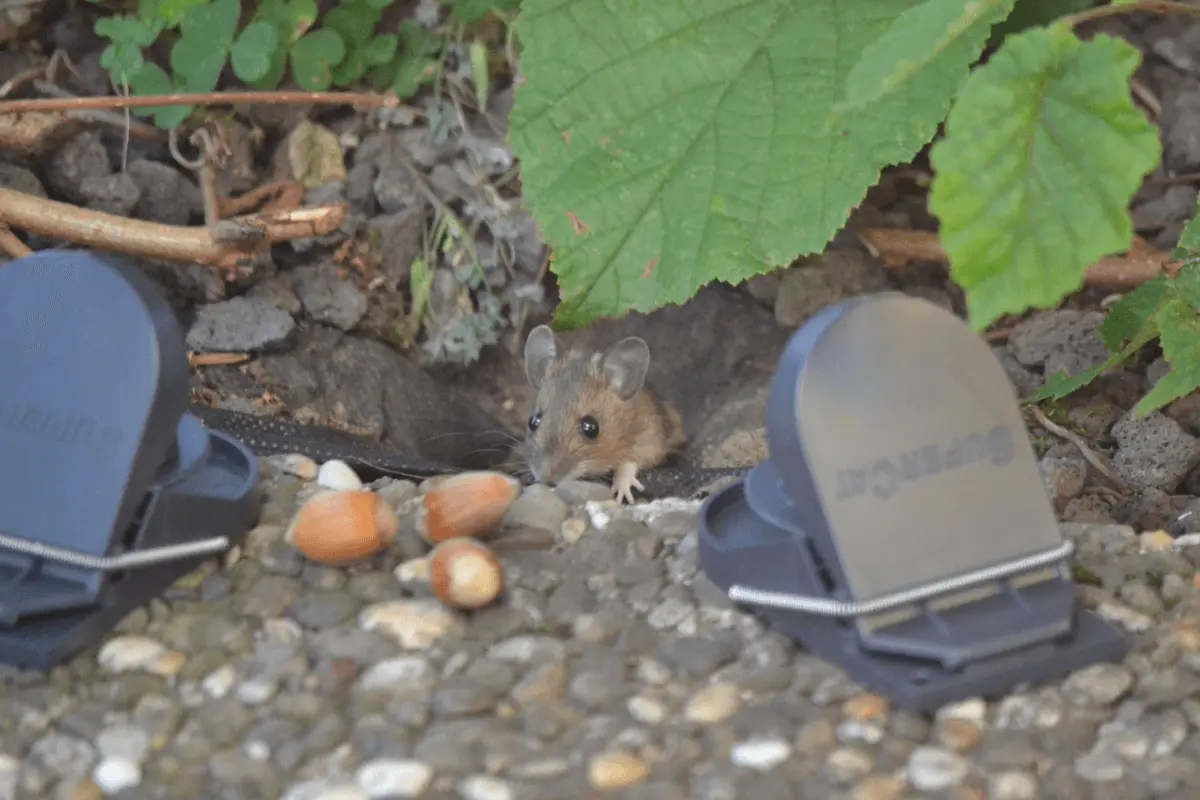
Properties with rodents attract snakes. Reduce the number of rodents on your property to prevent snakes from appearing. To keep rats out, seal foundation, wall, and roof cracks. Rodents can’t eat sealed garbage cans or airtight pet food. Rodent control prevents snakes and cleans and secures your home.
Tip 3: Install Fence
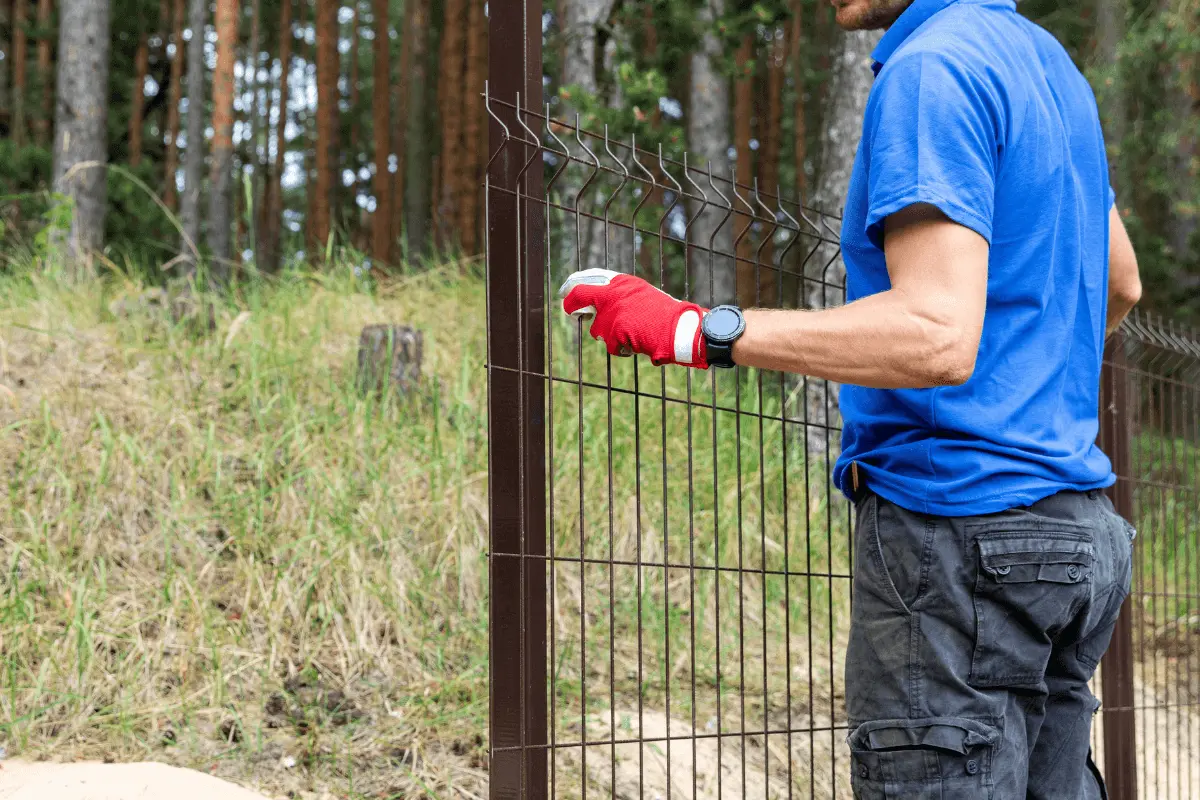
A snake-proof fence can keep snakes out. Snakes cannot climb smooth, galvanized metal fences. To keep snakes out, the fence should be three feet high and six inches underground. Snakes may fit through tiny areas, so be sure the fence has no gaps larger than a quarter-inch. A snake-proof fence costs money, but it keeps snakes out for good.
Tip 4: Regular Inspections And Vigilance

Check for snake activity and fix any concerns immediately. Look for snake footprints, shed skins, and other signs. Avoid touching snakes on your property and call a wildlife removal agency instead. Be watchful and proactive to prevent snake infestations on your property. Preventing snakes requires various methods.
Final Thoughts
Ultimately, the use of bleach as a snake deterrent is questionable. There is no evidence to support the belief that the strong scent of bleach will discourage snakes, yet some people believe it to be true.
Safer and less harmful to the environment, ways of snake deterrence should be considered if you want to keep snakes away from your property. Snakes may be deterred more sustainably with natural snake repellents like essential oils and certain plants, which do not affect the environment or other life forms. The probability of seeing snakes on your property can be reduced by taking precautionary steps, such as keeping your yard clean, reducing the number of rodents, and erecting a snake-proof fence.
FAQs
References
